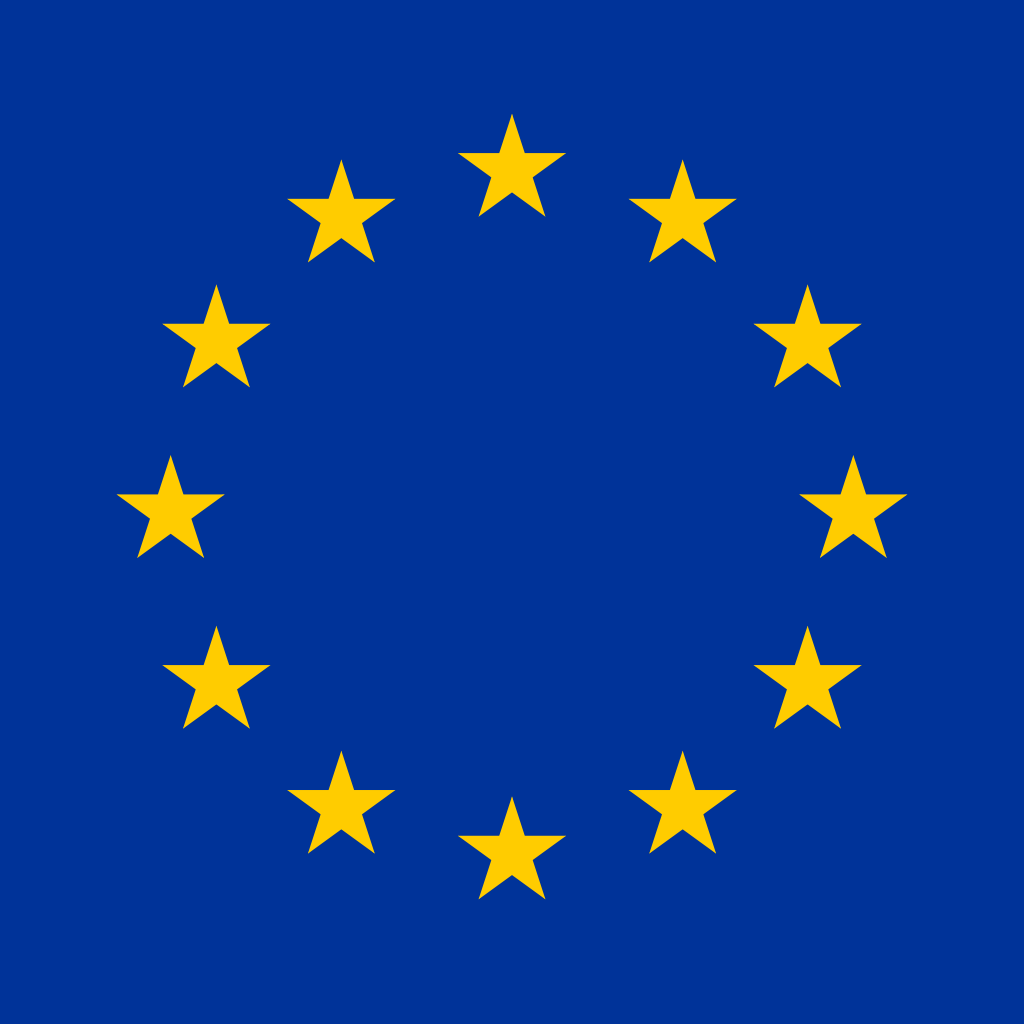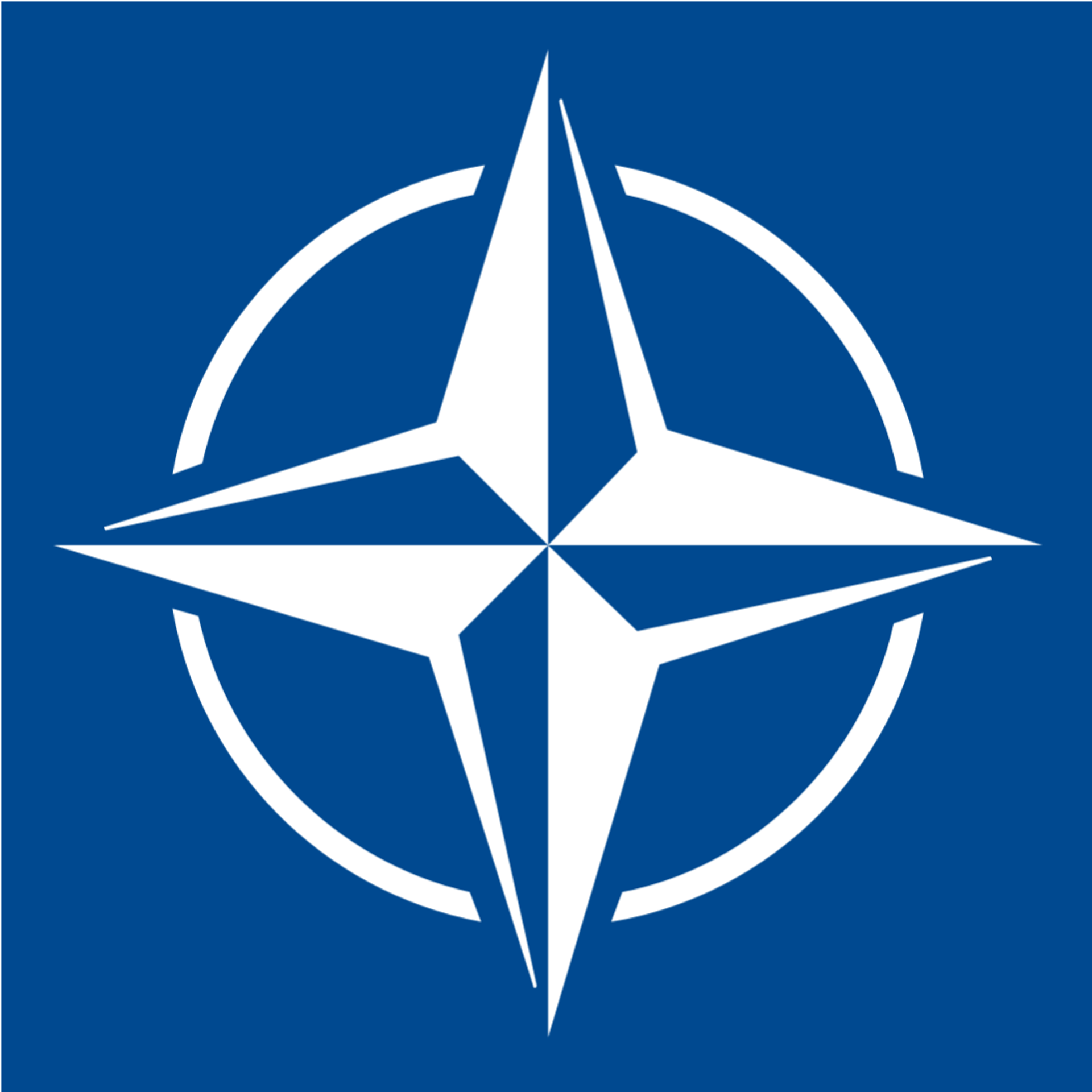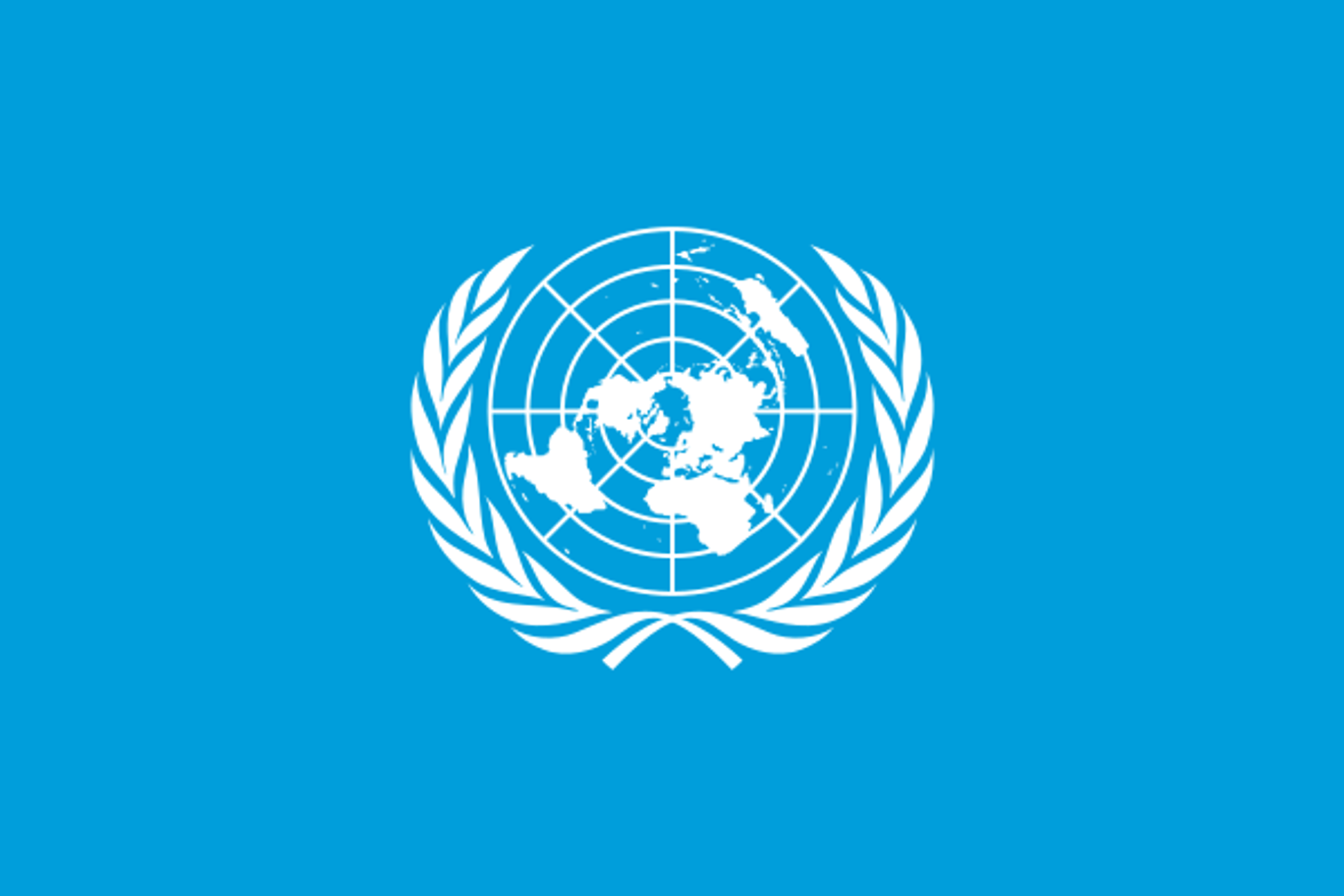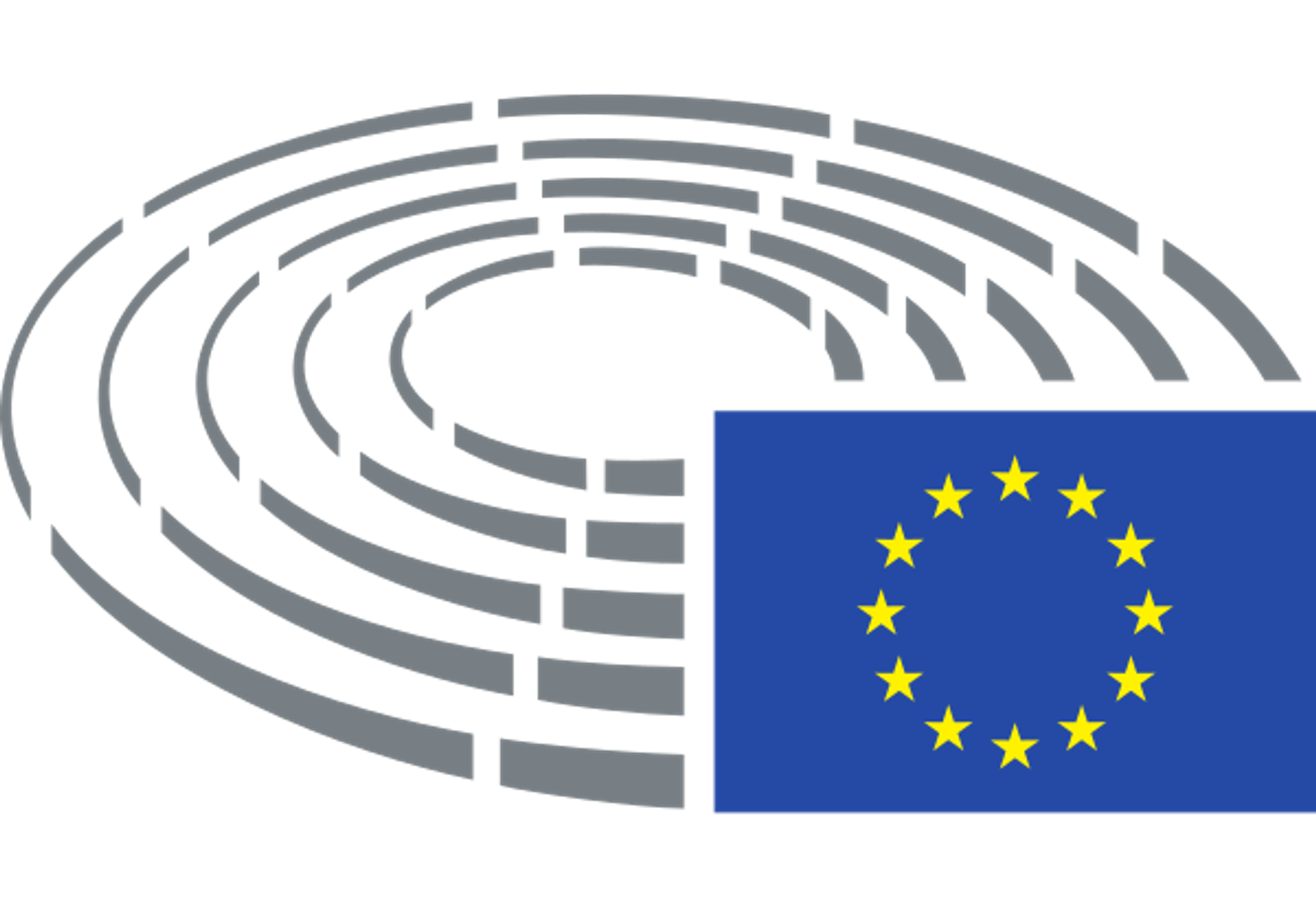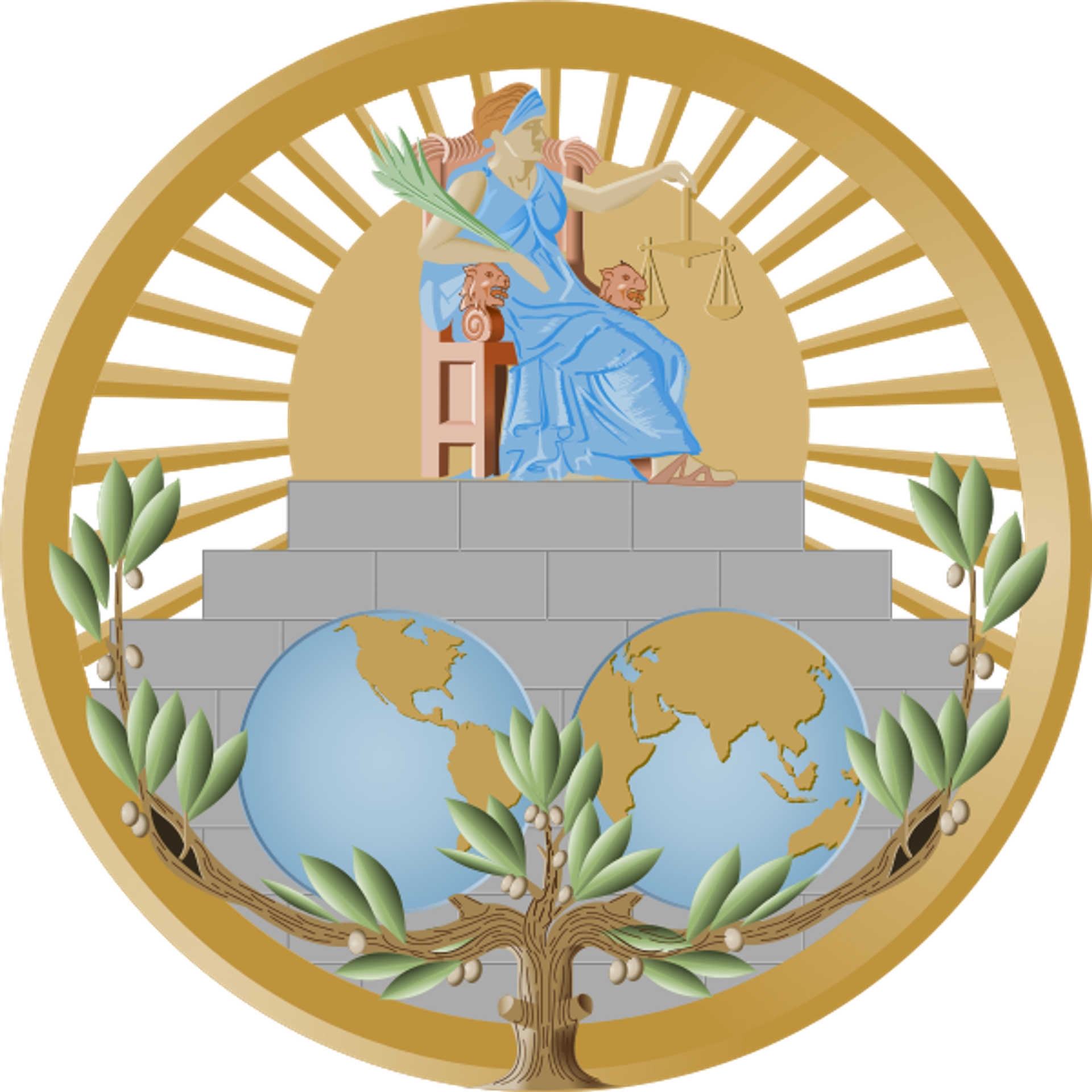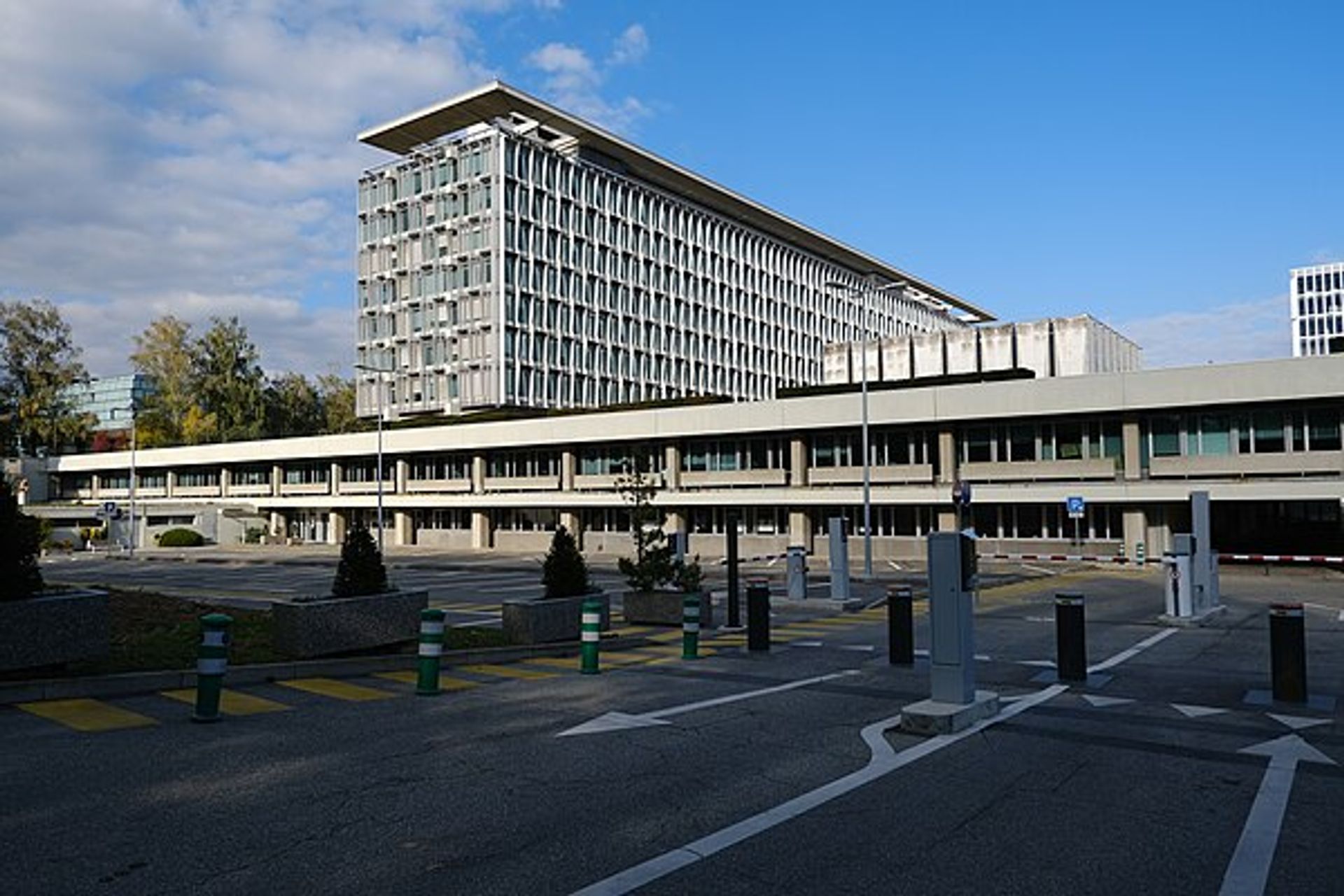
World Health Organization
What do people say about World Health Organization?
The World Health Organization (WHO) is perceived in Denmark as a remote international entity that often fails to address the specific health concerns of smaller, developed countries like Denmark effectively. There is a notable perception of bureaucratic sluggishness and occasional missteps in managing global health crises, leading to doubts about its agility and relevance. While it is recognized for its role in setting international health standards and coordinating global responses, many Danes view the WHO as out of touch with local realities and priorities. The organization's recommendations sometimes clash with Denmark's own public health strategies, fostering a cautious or critical attitude. Overall, the WHO is respected in principle but questioned in practice, with calls for more transparent, regionally tailored, and timely interventions.
Where are the conversations happening?
The most critical discussions about the WHO likely occur in Danish public media outlets and health-focused news channels that scrutinize international organizations' performance. These sources tend to highlight delays or generalized guidance from the WHO that do not always align with Denmark's independent health policies. Conversely, some international news outlets might take a more balanced or even positive view emphasizing WHO's global coordination role. However, within Danish discourse, skepticism dominates, particularly in political commentary and expert panels that question the organization's efficacy and transparency. The absence of explicit praise or endorsement in the segments suggests that critical voices overshadow supportive ones in Danish media.
What are the topics trending around World Health Organization?
Discussions about global pandemic preparedness, vaccine distribution equity, and the WHO's role in managing emerging infectious diseases are trending near the entity. There is also increased scrutiny on the organization's transparency and decision-making speed in crisis situations, alongside debates on how international health guidelines align or conflict with national public health policies in Denmark.
Why are these topics trending?
These topics are trending because the COVID-19 pandemic exposed weaknesses in global health governance, putting organizations like the WHO under intense scrutiny. Denmark's effective national response contrasts with perceived WHO delays, prompting debate about the organization's future role and reform needs. Vaccine equity and preparedness remain hot-button issues that directly influence perceptions of the WHO's competence and relevance in Denmark.
How is World Health Organization being talked about?
Detailed breakdown of public sentiment and conversations about this entity.
Impact vs Sentiment
See how each entity's high impact percentage relates to their positive sentiment percentage from actual mentions.

